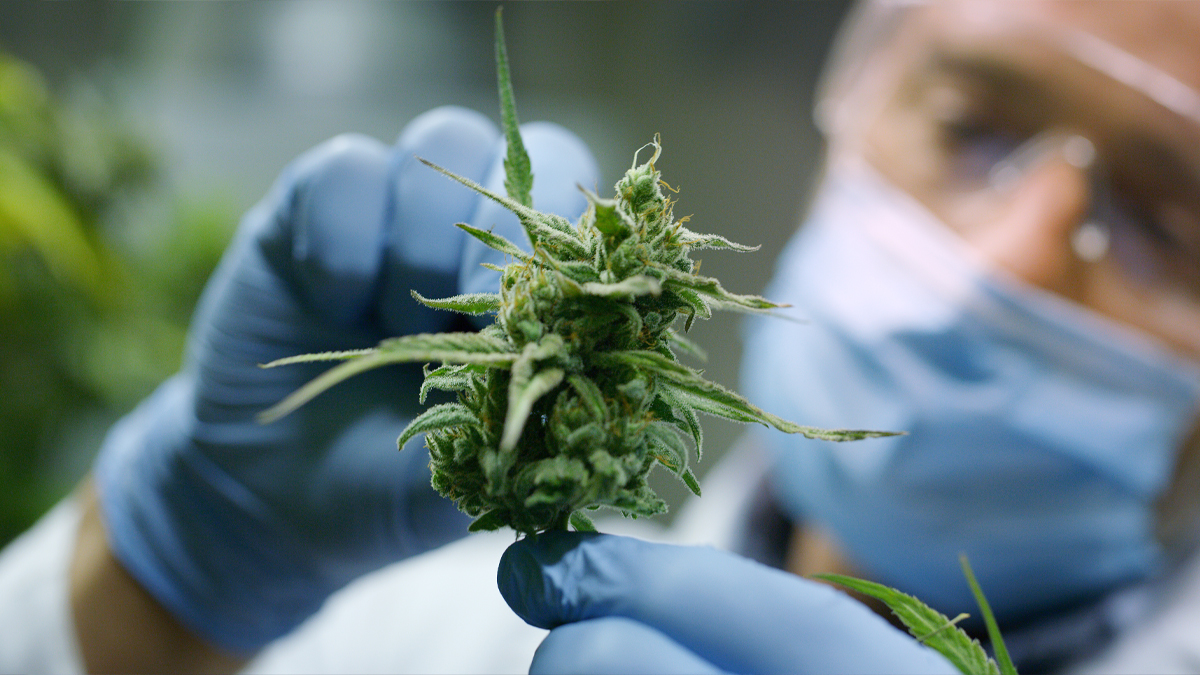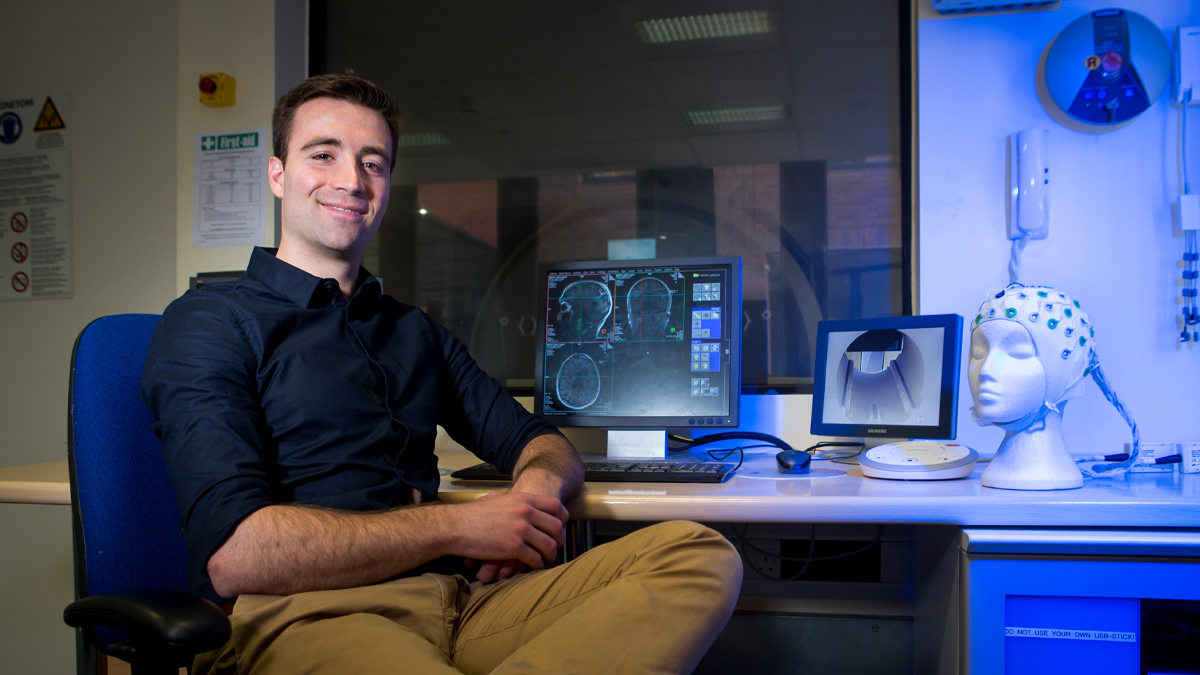
While working as a speech and language therapist, Willemijn had many questions about the underlying impairments she was treating on a day-to-day basis.
To investigate her questions in greater depth, she decided to embark on a PhD in the area, and was able to secure a studentship at the University of Reading.
“My research focuses on language processing and communication after acquired brain injury, such as a stroke. I'm investigating how a language impairment, called aphasia, affects someone’s ability to communicate, and what factors other than language influence this.
"A greater understanding of how communication is affected in people with aphasia can inform the treatments speech and language therapists design for them. This helps improve their ability to communicate and indirectly, maybe even improve their quality of life.”




